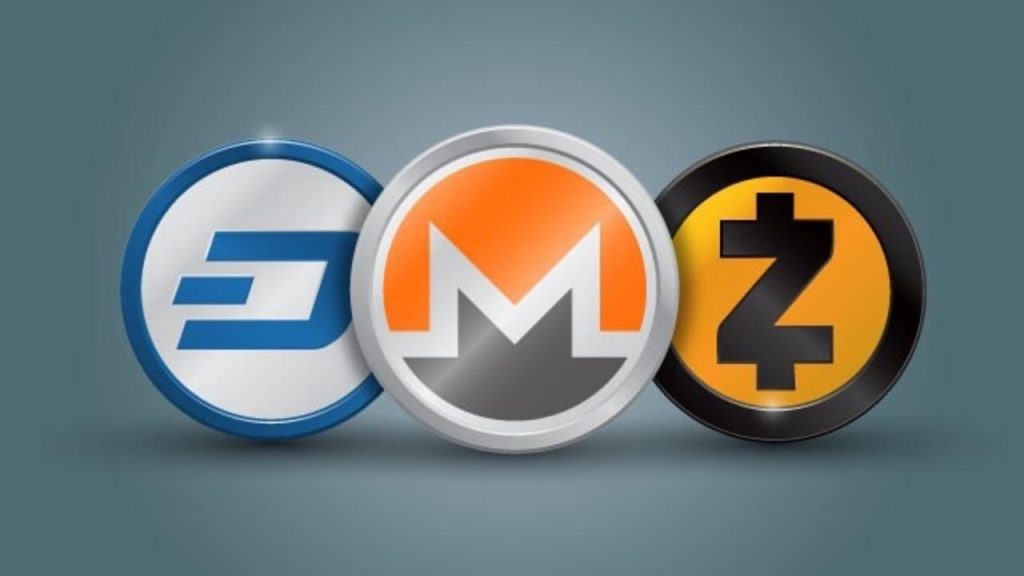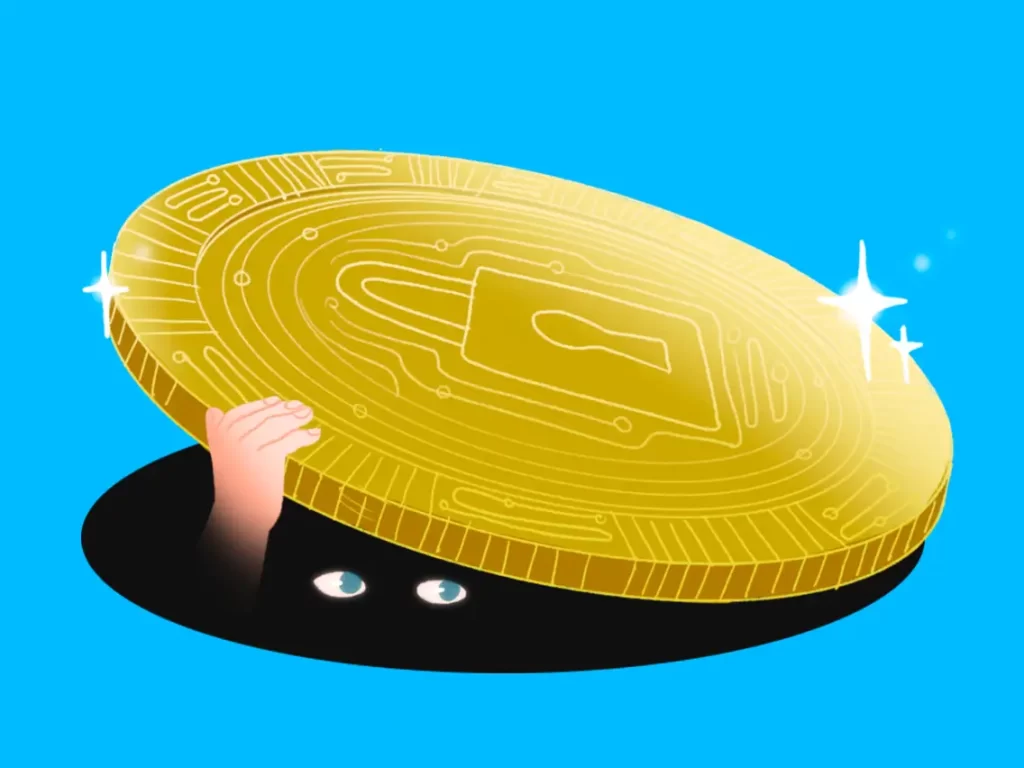Privacy Coins: 7 Reasons Why Monero and Zcash Controversy

The concept of privacy coins has received mixed reviews in the world of cryptocurrency. The most well-known coins in this category, Monero and Zcash, are built to increase user anonymity and transaction privacy. However, their distinctive qualities have also led to a number of heated debates. We will explore what coins like Monero and Zcash are, their benefits, and the issues that surround them in this blog post.
1. Understanding Privacy Coins
A unique type of cryptocurrency called "privacy coins" is made to offer more anonymity and secrecy. Privacy coins use sophisticated cryptographic algorithms to obfuscate transaction details, sender and recipient addresses, and the transaction amount, in contrast to conventional cryptocurrencies like Bitcoin, where transactions are recorded on a public ledger.
2. Monero: The Champion of Privacy
Often referred to be the king of coins, Monero. Ring signatures, stealth addresses, and private transactions are some of its privacy features. These methods offer users a high level of anonymity and security by making it very difficult to track Monero transactions.

3. Zcash: The Choice for Selective Privacy
Contrarily, Zcash allows users the choice to carry out transactions that are completely shielded (private) or transparent (public). Due to its adaptability, it has a reputation for enabling users to select the level of privacy they desire.
Read This : Cetoex Made Easy 8-Step Guide to Buying Crypto.
4. Privacy Benefits
Privacy coins offer several advantages, which are particularly attractive to those who value financial privacy:
- Enhanced Anonymity: Transactions made with privacy coins are notably harder to trace, providing users with a layer of anonymity that is often absent in traditional cryptocurrencies.
- Fungibility: Due to their enhanced privacy features, coins are more fungible, meaning that each coin is interchangeable with another, ensuring that all coins are of equal value and are not tainted by their transaction history.
- Transaction Confidentiality: Users can conduct transactions without exposing sensitive financial information, safeguarding their financial privacy and reducing the risk of identity theft or fraud.

5. Controversies Surrounding Privacy Coins
Privacy coins, however, have also garnered criticism and controversies:
- Concerns of Illicit Use: The high degree of privacy offered by these coins has led to concerns that they may be exploited for illegal activities, including money laundering and tax evasion.
- Regulatory Scrutiny: Governments and regulatory bodies are increasingly scrutinizing privacy coins, potentially leading to more restrictive regulations or outright bans.
- Exchange Delistings: Some cryptocurrency exchanges have chosen to delist coins due to regulatory pressure, making it harder for users to access and trade these digital assets.
6. Privacy Coins and the Future
The argument over privacy coins is still up for debate. They present problems for regulators and law enforcement even if they have undeniable advantages for users who cherish their privacy. Discussions about how to strike a balance between the need to protect financial privacy and the need to stop illegal activity will probably influence the future of privacy coins.

7. Conclusion
The leading privacy cryptocurrencies, Monero and Zcash, provide unmatched transaction confidentiality and anonymity. Users desiring greater financial privacy were lured to them by their privacy features, but regulators wary of unauthorized usage were also interested in them. The cryptocurrency community and regulators will need to strike a difficult balance between protecting privacy rights and attending to valid concerns about criminal activity as the privacy coin discussion unfolds. There are still a lot of unanswered uncertainties regarding the future of these novel digital assets.
Social Media




